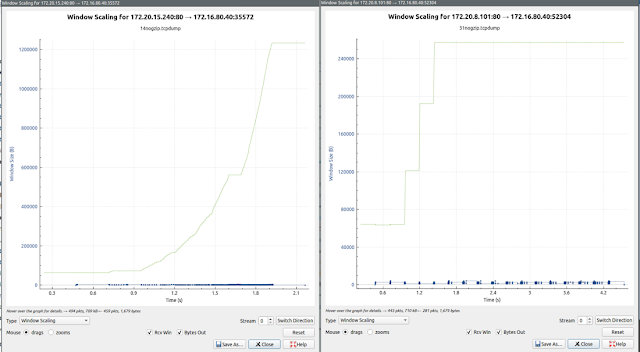Review: Nineteen Eighty-Four
My rating: 5 of 5 stars
This is perhaps the first novel I have read entirely at the Anna Centenary Library. ACL is one of Asia's largest libraries, and famously received a 2,794 page long invoice from Cambridge university press, for books worth 1.3 million GBP. And it's in walking distance from my hostel.
Let's come to the book. I have tried to get through this novel at the formative years of my reading. I have always stopped it in the first 30 or so pages. I am actually kind of happy that I did so. Now, I can read with much more patience, can understand much more that when I started out, and more importantly, I know much more about state sponsored mass surveillance, which is the crux of this novel.
I am a computer engineering UG student. And there is no doubt that today, computers aid the most massive surveillance, in all of humanity's really long history. And we seldom know about it, much less care, for the surveillance agencies are very good at being invisible. It is only partly funny that the NSA was expanded to 'No Such Agency' in the initial years.
In my field, we often hear news of such surveillance measures, at a much higher frequency than in the general mainstream media. The technologies involved interest us. And in such news, there is almost always at least one person commenting with the adjective Orwellian. I was familiar with the word, but never bothered enough to force myself through the book. Until I read Sabah's review, that is.
George Orwell writes about a world, where the state is in a perpetual state of war, with the remaining two states in the world. Oh, and the state has superior surveillance, geared towards making sure people believe in and wholesomely contribute to the war. There are other motives, but I don't want to spoil the plot for you, in case you haven't read it yet. This following quote shall suffice, until I reread and comment on the writing of George Orwell, rather than summarizing the story poorly, insulting my own intelligence and the author's.
"It's a beautiful thing, the Destruction of words. Of course the great wastage is in the verbs and adjectives, but there are hundreds of nouns that can be got rid of as well. It isn't only the synonyms; there are also the antonyms. After all, what justification is there for a word, which is simply the opposite of some other word? A word contains its opposite in itself. Take ‘good,’ for instance. If you have a word like ‘good,’ what need is there for a word like ‘bad’? ‘Ungood’ will do just as well – better, because it's an exact opposite, which the other is not. Or again, if you want a stronger version of ‘good,’ what sense is there in having a whole string of vague useless words like ‘excellent’ and ‘splendid’ and all the rest of them? ‘Plusgood’ covers the meaning or ‘doubleplusgood’ if you want something stronger still. Of course we use those forms already, but in the final version of Newspeak there'll be nothing else. In the end the whole notion of goodness and badness will be covered by only six words – in reality, only one word. Don't you see the beauty of that, Winston? It was B.B.'s idea originally, of course," he added as an afterthought.
View all my reviews

Comments
Post a Comment